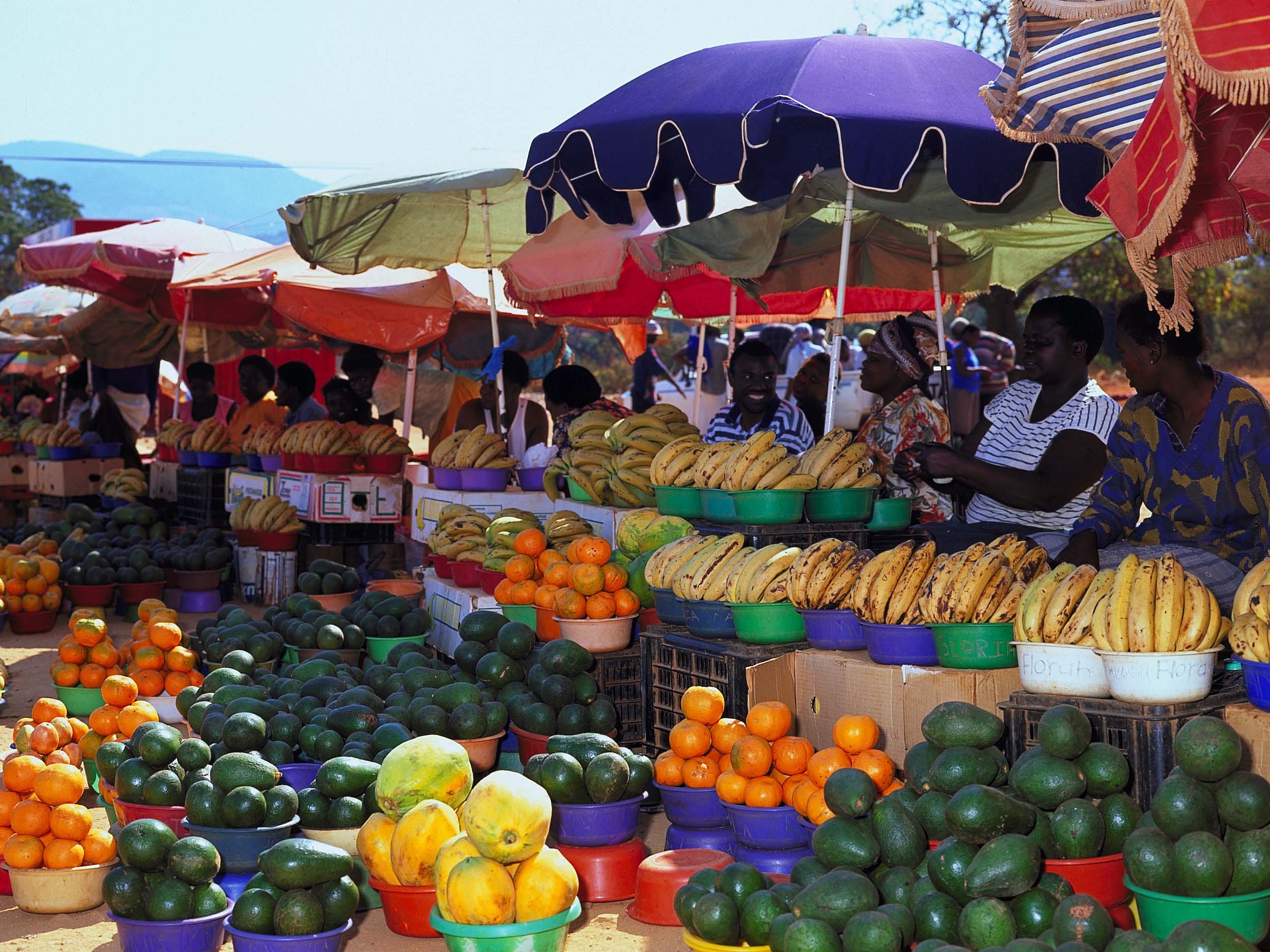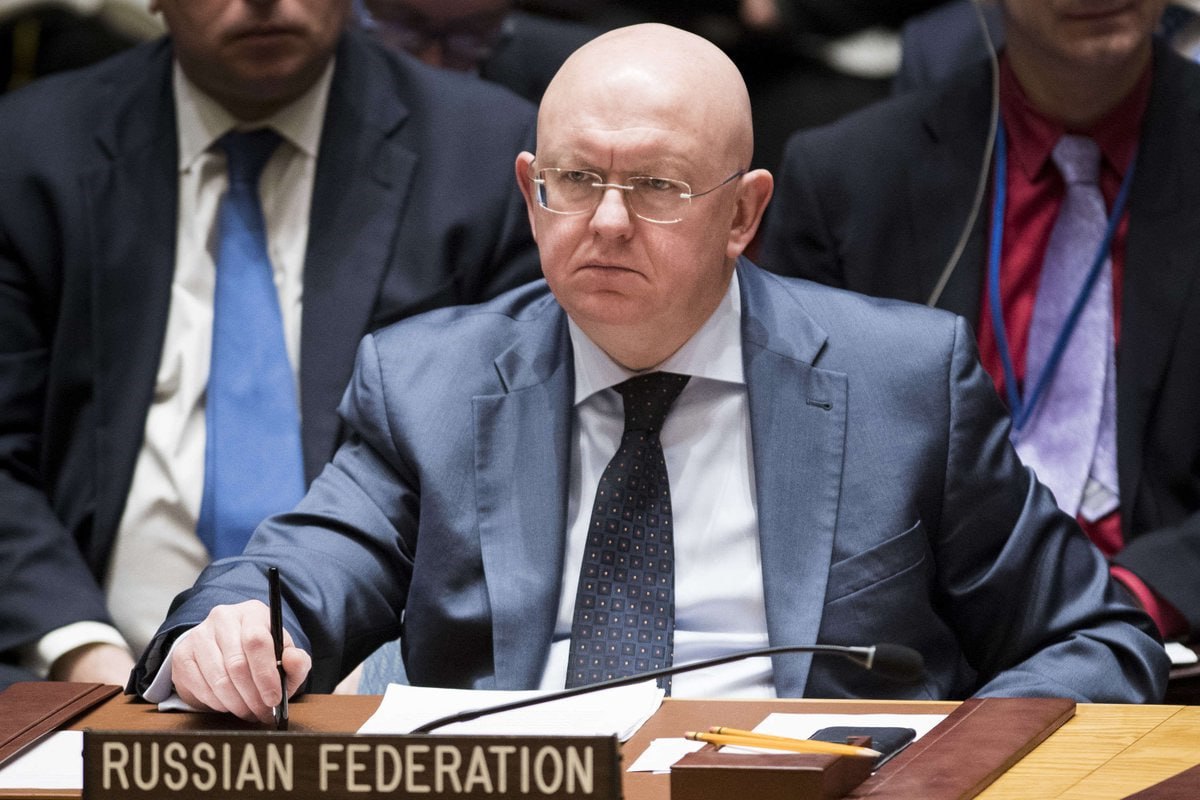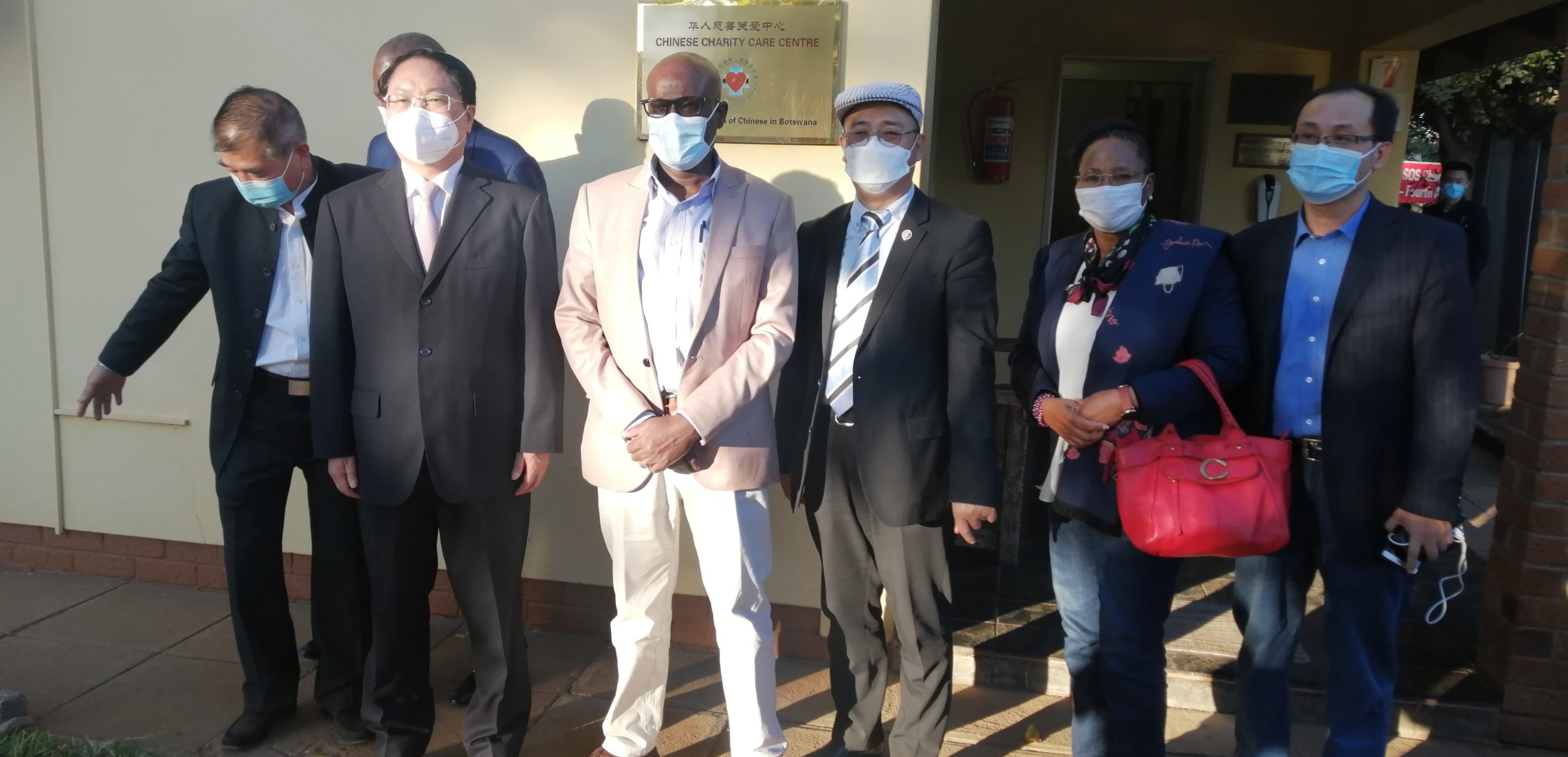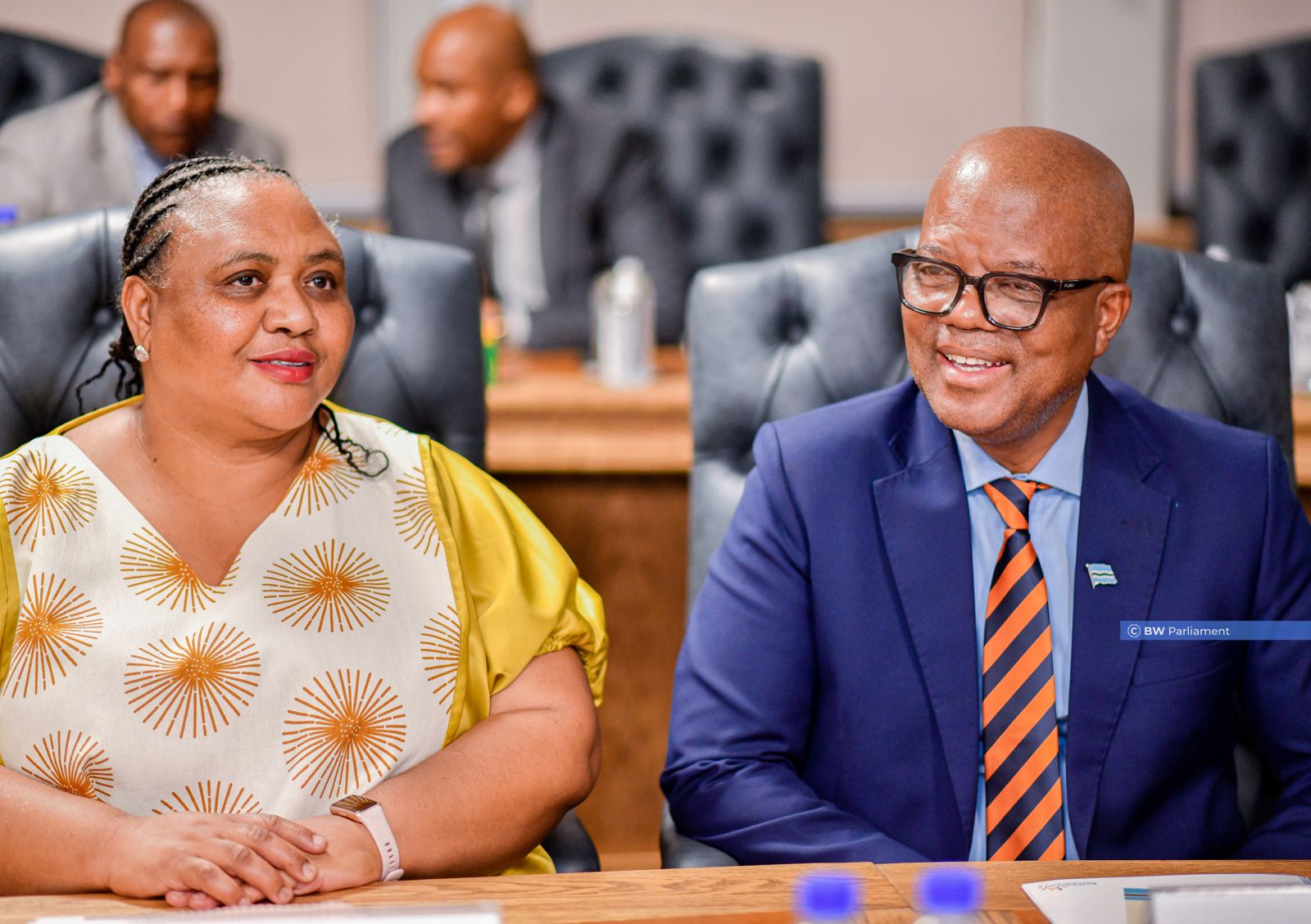
Market-place-in-Venda-South-Africa
By: Chazha Ludo Macheng
Political, Economic and Trade Analyst

Post the Covid-19 pandemic a deep feeling of uncertainty struck the formal employment sector the brunt of which was felt more by no other demographic than the youth that contribute a staggering 41.1 percent of the unemployed Batswana.
The solution one might ask clearly lies in the informal sector. Informal cross-border trade (ICBT) is trade between neighbouring countries conducted by vulnerable, small, unregistered traders. Typically, it is proximity trade involving the move of produce between markets close to the border.
The African Continental Free Trade Area (AfCFTA) represents a certainty that strongly affirms the value of the multilateral trading system. Africa has six major customs unions and free trade agreements, as well as dozens of preferential tariff arrangements and bilateral agreements, all of which still do not cover the full range of trading possibilities on the continent.
The AfCFTA assures for broader and deeper economic integration and would attract investment, boost trade, provide better jobs, reduce poverty, and increase shared prosperity in Africa. Africa could see FDI increase by between 111 percent and 159 percent under the AfCFTA.
Inflows of FDI attracted by the AfCFTA would bring jobs and expertise, build local capacity, and forge connections that can help African companies join regional and global value chains. The AfCFTA, if fully implemented, could raise incomes by 9 percent by 2035 and lift 50 million people out of extreme poverty.
However, informal youth-owned businesses experience a larger impact due to the limited resources at their disposal and frequently lack the funding or other resources required to abide by conflicting trade regulations.
Nevertheless, beyond trade, the AfCFTA explicitly seeks the development of Africa’s people. The preamble of the Agreement stresses the significance of gender and youth equality for the growth of regional economic cooperation and international trade.
Under article 27.2(d) one of the objectives of the Protocol on Trade in Services also makes explicit reference to improving the export capacity of formal and informal service suppliers, with particular attention to micro, small and medium-sized operators and “women and youth service suppliers”.
These provisions clearly demonstrate the commitment of African countries to gender equality, women empowerment and youth development. As a result, the AfCFTA is expected to create new trading and entrepreneurial opportunities for women and youth in the formal and informal economy across various sectors, including agriculture, manufacturing and services sectors.
If one is being critical, it is important to note that, it is challenging to address precarious youth issues in isolation. There is already an inequality with regards to ‘gender and youth’ matters. The bone of contention with mainstream policy instruments, has always been ‘why women and youth always are lumped together?’
To a degree, considered an afterthought. Women and youth do not always share the same problems, let alone solutions. The benefits under the Agreement for women and youth are not automatic, and there must be a better understanding of what is required at the national and regional levels to enhance economic opportunities for youth.
Although trade can serve as a catalyst to promote greater gender equality, it is not gender neutral. Women and men are impacted differently due to differences in economic representation and various social inequalities.
It has become more apparent that women and youth traders are less likely to be equipped with the appropriate skills, technology and resources that would enable them to benefit from trade and trade liberalisation. They continue to suffer from invisibility, stigmatisation, violence, harassment, poor working conditions and a lack of recognition for their economic contribution.
Africa has registered rapid and substantial population growth in recent years; people under the age of 30 years make up over 70 percent of the population. While this presents significant opportunities to harness the demographic dividend, young people continue to face multidimensional challenges that require collaborative, adaptive and innovative solutions.
Africa’s youth is disproportionately affected by high unemployment, low-quality jobs, labour market inequalities and barriers to cross-border trade. The AfCFTA Agreement is the principal catalytic framework through which Africa’s youth will be able to effectively harness productive economic opportunities, businesses and new methods of service delivery.
The inclusion of youth in the development and implementation of trade policy ensures the progressive eradication of barriers to participation in international trade for micro, small and medium-sized enterprises.
Using AfCFTA to Youth Informal Cross Border Trade’s advantage
There are three ways that the AfCFTA can support youth informal cross border traders and promote their paticipation in trade: (1) Improvement of physical infrastructure and free movement of informal cross border traders; (2) Non-Tariff Barriers (NTBs) and reduction of tariffs; and (3) supporting the formalisation of ICBT.
Improvement of infrastructure and free movement
The recently built multimillion dollar Kazungula Bridge, located on Zambezi River where Zimbabwe, Botswana, Zambia and Namibia borders interconnect, was identified as a significant connector on a strategic road network for inter-regional trucks within the southern African region. The Bridge connects the southern African region traffic to the middle parts of Africa.
The completion of the Kazungula Bridge is a milestone for SADC’s regional integration and industrialisation endeavours and the AfCFTA. The completion of the bridge has been timely to support the AfCFTA. This benefit, in turn, can lower rural unemployment and slow rural-urban migration, while empowering youth demographic.
Building or upgrading these border-crossing points comprehensively would also render them more youth–friendly. Additionally, ensuring conducive environment for ICBT’s at the border and providing comprehensive services and facilities for them, will make a world of difference. If properly supported, it can also generate significant rural non-farm income and become a catalyst for value chain creation and support in those rural areas.
Reduction of Non-Tariff Barriers
Non-Tariff Barriers (NTBs), which are “restrictive regulations and procedures, other than tariffs, that add to the difficulty and cost of importing or exporting products”, hinder the smooth participation of youth in trade and the potential for inclusive growth.
NTBs can be classified into three broad categories: non-tariff trade measures (NTMs), infrastructure gaps and other trade-related transaction costs. Some continental initiatives have been launched in recent years to address infrastructure gaps, but they will take time to produce effects.
Compared with other regions, indicators related to the quality of ports, air transportation and other measures of infrastructure efficiency are relatively low in Africa. By reducing tariffs, the AfCFTA will make it more affordable for informal traders to operate through formal channels, which offer them more protection.
Supporting the formalisation of ICBT
We need an instrument/act that tackles and encourages youth informal cross border trade. Simple. Governments should recognise the role that youth play in trade (formal or informal) and guarantee this is communicated to officials at all levels.
National strategies for formalisation of youth ICBT are obligatory to complement the opportunities offered by the AfCFTA. Specifically, Botswana should design incentives to simplify tax administration and business registration, limit licensing and certificates to activities where it is justified (for example, to protect health and safety), reduce registration fees and ensure they are not regressive and guarantee any statutory requirements are fully justified.
Likewise, a consistent visit to Botswana’s border posts from the highest levels of government and a discussion with youth traders can provide a very clear signal of the importance that the country places on the activities of youth traders, both to the traders and to the officials who regulate the border.
It is imperative that the government consciously includes ICBT youth into mainstream strategies. It is even more essential to create independent policies catered to individual groups. They should be the centre of trade policy analyses, deliberations and negotiations at the national and regional levels, which is critical to promoting their effective participation and meaningful engagement in trade processes.
Introduction of social grants encouraging youth informal trade. Collaborative efforts between PPP’s and the government targeted at informal cross border trade should be at the forefront of the discussion. The YDF fund, CEDA should also make an effort to revisit their agenda with regards to informal youth traders.
Botswana government has to remember not to make ‘ivory tower decisions’. If the future of the country, of the continent relies strongly on the ‘youth’ then more youth need to be called to the table, and engaged with on crucial high level decision making.
If these and other youth-specific constraints are effectively tackled, informal cross-border trade can turn into a vibrant micro-entrepreneurial reality with significant potential to help alleviate poverty, contribute to food security and empower youth.
By leveraging informal cross-border trade for the empowerment of youth, poverty alleviation and peacebuilding, this project is linked to the greatest global challenge facing the world today: poverty eradication, security and socially inclusive development.









